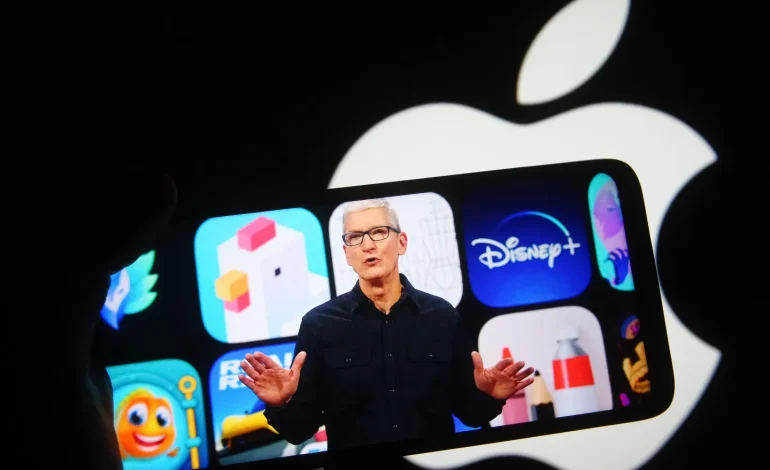The European Commission has ruled that Apple must make key changes to its products to comply with the Digital Markets Act (DMA), a landmark competition law aimed at ensuring fair digital market practices.
The decision could lead to significant modifications to Apple’s iOS ecosystem, with broader implications for both the company and the tech industry.
Under the new directive, Apple must grant third-party developers and device manufacturers greater access to its technology, improving interoperability between iPhones and non-Apple devices. This means that rival smartphones, headphones, and smartwatches will have enhanced compatibility with Apple products. Additionally, Apple must provide external developers with better access to technical documentation and ensure faster responses to their interoperability requests.
Failure to comply with these regulations could result in fines of up to 10% of Apple’s global revenue, potentially amounting to billions of dollars.
Apple has strongly opposed the ruling, arguing that opening its ecosystem could weaken security, hinder innovation, and give competitors an unfair advantage. The company issued a statement stating:
“Today’s decisions wrap us in red tape, slowing down our ability to innovate while forcing us to share features with competitors who are not held to the same standards.”
Apple has previously emphasized that its closed ecosystem is designed to protect user security and privacy, and these regulations may introduce new vulnerabilities.
The EU’s decision aligns with ongoing global scrutiny of major tech companies, including a US Department of Justice lawsuit against Apple that raises similar concerns about market dominance. Additionally, Google has also been ordered to adjust its Play Store and search services to prevent self-preferencing over competitors.
While some competition experts argue that the DMA enforces fairer digital markets, others believe it does not go far enough in addressing Apple’s influence. Critics, including advocacy group European Digital Rights, argue that Apple still retains significant control over its ecosystem, limiting true app freedom.
Apple now faces the challenge of restructuring its ecosystem while navigating ongoing legal disputes in both Europe and the US. The long-term impact of these regulations will depend on how the company implements changes and whether future legal challenges arise.
Meanwhile, the European Commission is expected to announce additional non-compliance rulings later this month, potentially imposing further penalties on major tech firms.










The latest news in your social feeds
Subscribe to our social media platforms to stay tuned